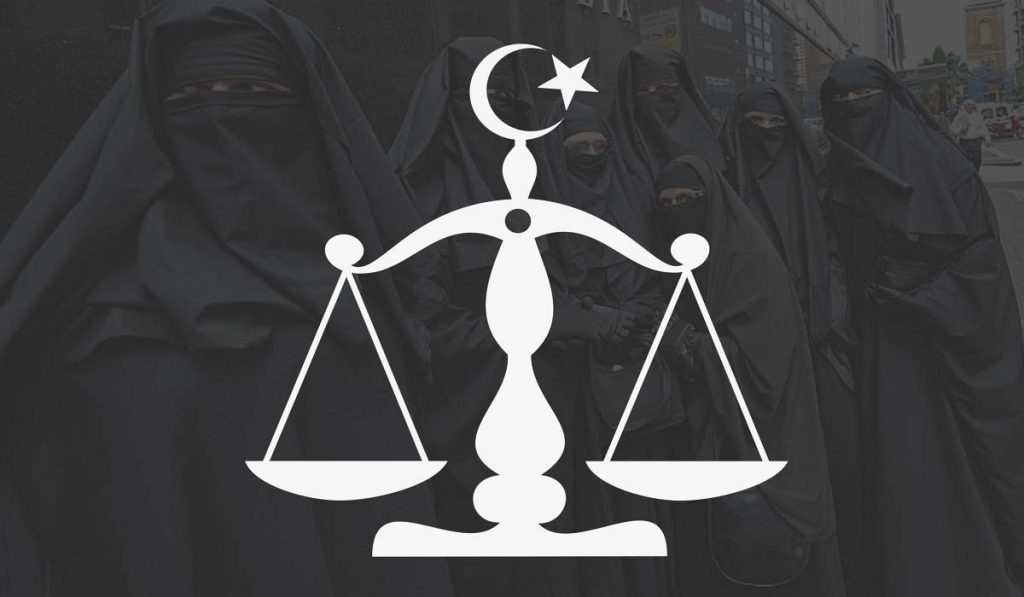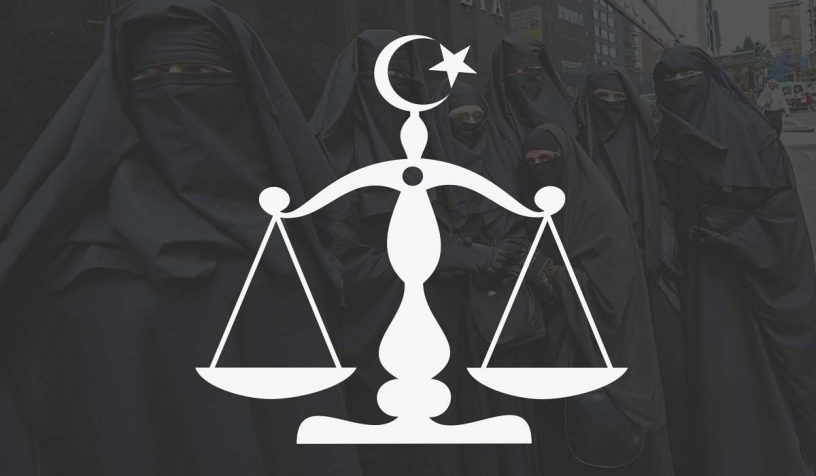
This article explores the modalities of interaction between non-state actors who adjudicate Muslim personal law in India.
Author
Sagnik Dutta, Assistant Professor, Jindal Global Law School, O.P. Jindal global University, Sonipat, Haryana, India.
Summary
Building upon participant observation in a women’s sharia court in Mumbai, run by activists of an Islamic feminist movement in India, and its networks with similar alternative dispute resolution forums run by male qazis (non-state actors trained in Islamic law and Muslim personal law), this article explores the modalities of interaction between non-state actors who adjudicate Muslim personal law in India.
It also delineates how gendered agency is shaped in these interactions. This article identifies three aspects of this interaction between male and female non-state actors: (1) everyday cooperation between male and female qazi despite their doctrinal differences; (2) the gradual assertion of female qazi in and through everyday cooperation with male qazi; and (3) institutional competition interlaced with everyday cooperation.
The researcher explores a range of interactions including contestation and collaborative contestation between non-state actors, a domain that has not been explored in existing scholarship on legal pluralism.
The author also draws attention to how we might think about women’s agency in a legal pluralist context beyond a straightforward challenge to male authority and as it is forged at the intersection of individuals, interactions, and institutions.
Through a critical exploration of women’s agency, the researcher shows how women both inhabit and transform gender norms at an individual and institutional level in their interactions with non-state actors and institutions, expanding scholarship on legal pluralism and gender beyond reified “women’s interests.”
Published in: Law & Social Inquiry
To read the full article, please click here.


